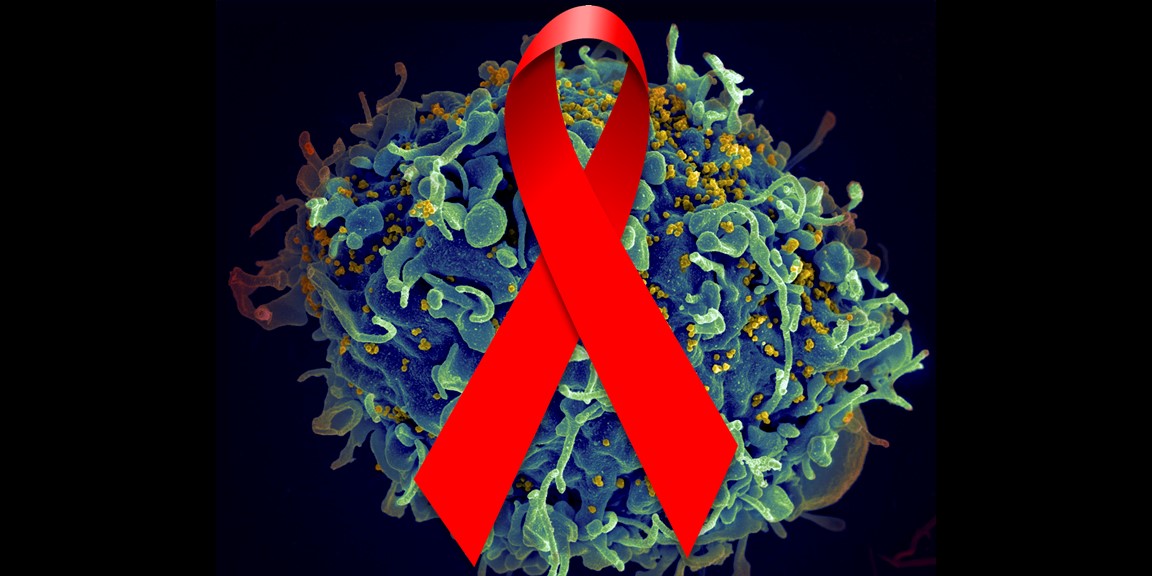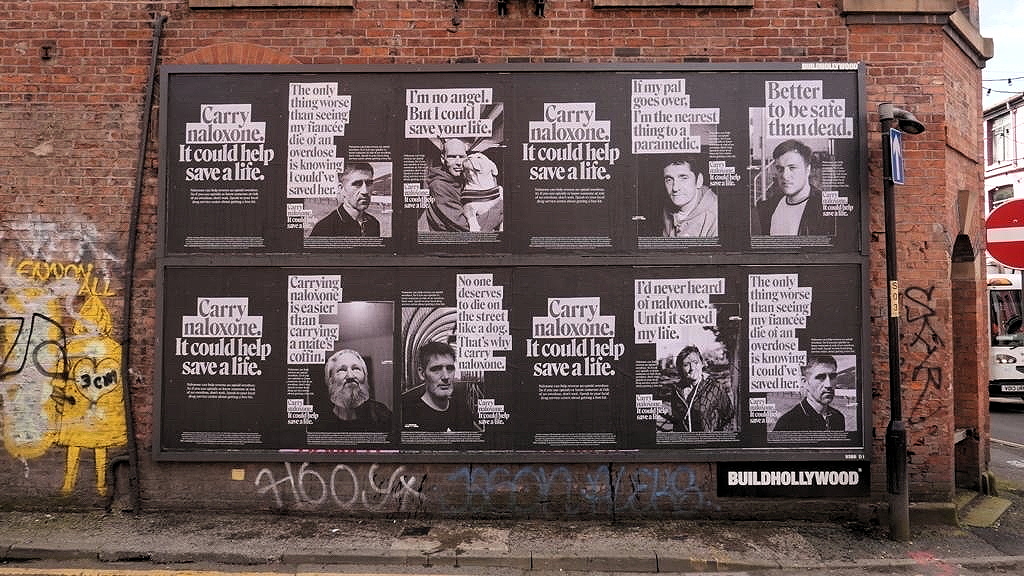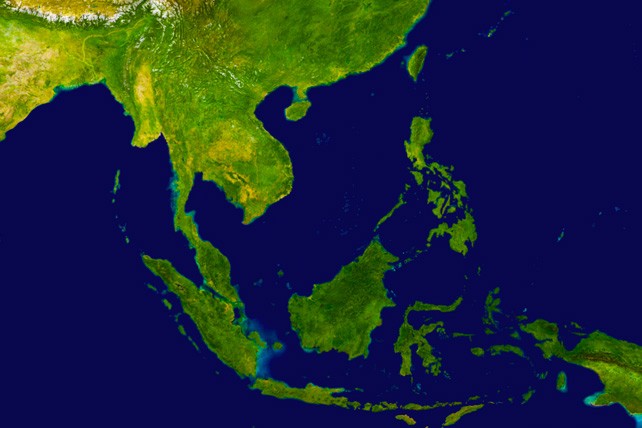Globally, 2019 saw 1.7 million new HIV infections, with 690,000 deaths from complications related to AIDS. There are now an estimated 38 million people around the world living with HIV. Despite an international commitment to end AIDs by 2030, a new report from Harm Reduction International (HRI) shows that lack of investment into harm reduction services and support, especially in low- and middle-income countries (LMIC), is at a crisis point.
The previous iteration of the report found that in 2016, global funding for harm reduction was just 9 percent of what it needed to be for LMIC. By 2019—according to Failure to Fund: The continued crisis for harm reduction funding in low- and middle-income countries—that had dropped to 5 percent.
“The funding crisis in harm reduction is more pronounced than ever before,” Catherine Cook, leader of HRI’s sustainable financing team, told Filter. “The difficulty that harm reduction faces can’t be understated. There’s a huge funding shortfall—staggering—and it’s gotten bigger.”
Funding for harm reduction programs to respond to issues like HIV/AIDs is provided by both governments and international donors. But the number of donors is fairly small, and their investment appears to be shrinking. Because of the pandemic, investment figures for 2020 are expected to be smaller still.
To support the UN goal of ending AIDS by 2030, the Global AIDS Strategy is calling for an urgent focus on HIV prevention, especially for key populations like people who inject drugs and people who are incarcerated. In March, UNAIDS recommended increasing annual HIV prevention investment in LMIC to $29 billion by 2025.
“You could have a catalytic impact with a smaller investment in advocacy.”
According to Failure to Fund, only $131 million was invested in LMIC in 2019—a 95 percent gap in funding. Financial investment for drug law enforcement and imprisonment is 600 times what it is for harm reduction services.
“We need to be broader when looking for funding. Be innovative,” Cook said. That includes “redirecting funding from law enforcement to harm reduction.”
Many countries that report injecting drug use do not include harm reduction in their HIV funding proposals at all, highlighting a disastrous lack of political support. Focusing on punitive measures to stop people who inject drugs from accessing proper health care and preventative services not only harms public health, but exacerbates racialized inequality.
The challenge may be immense, but addressing it is not impossible. “You could have a catalytic impact with a smaller investment in advocacy,” Cook said.
The report provides additional recommendations for governments, as well as both international and private donors, to address the critical funding gap, including fundraising efforts to support harm reduction programs and increased data collection to measure program outcomes.
Research shows that investment in advocacy and civil society, including developing harm reduction programs that are carried out by community organizations, leads to ongoing improved outcomes. Community-level investment helps to challenge stigma and redress the harms of a punitive system.
This article was originally published by Filter, an online magazine covering drug use, drug policy and human rights through a harm reduction lens. Follow Filter on Facebook or Twitter, or sign up for its newsletter.
* Umme Hoque is Filter‘s editorial fellow. She is a journalist and editor who has written about human rights, politics, education and climate, with an interest in the impact of social and public policies on disenfranchised communities. She also works as an organizer and advocate, working to build a future with education, housing and health care for all. Umme lives in New Mexico.


